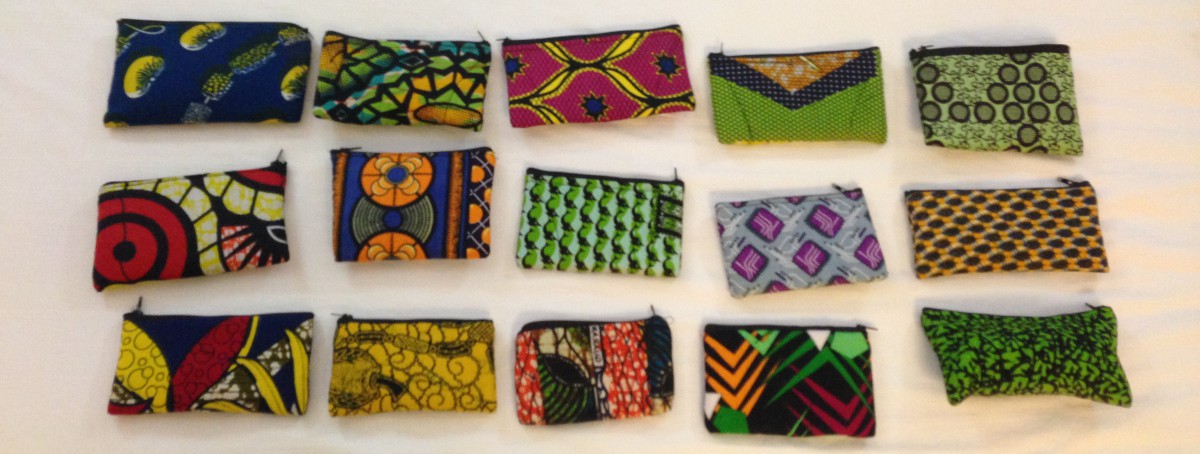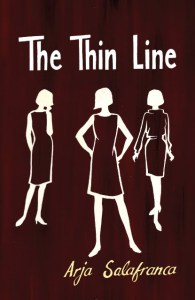Diane Awerbuck’s Facebook statuses are some of the funniest things I’ve ever read. Her short story, ‘Leatherman’, had me smiling (jealously) at its cleverness. She curated/edited/organized a collection of stories ‘the Ghost Eater and other stories’ that I have a short story in, and when I met her in person at the launch, she was funny. Like seriously funny.
So, I assumed that Home Remedies was going to be a comedy of some sort, or at least a comedic reflection on a life lived in Fish Hoek (unarguably one of the strangest places in Cape Town – it’s like a time capsule, but from not long enough ago). That folks, is why you should read the cover of books, and not buy them just because you want to be as funny as the writer. But still buy them (especially when they’re written by African women writers) because they will never ever disappoint you when they surprise you.
Home Remedies follows protagonist Joanna Renfield. She works in the Fish Hoek Valley Museum of Natural History and has just got a new boss (a struggle veteran with an identity crisis) because a skeleton in the museum has been linked to Saartjie Baartman. Hidden away somewhere in the museum are Baartman’s labia, and the boss wants them back. Joanna’s home life (with her husband and her small son) is something she has a sort of fickle ambivalence to. She so wanted it to be better than it was, but it just wasn’t better, so she keeps on keeping on feeling mildly disappointed with it all. Until one day a box with strange smell appears on the side of the road, and things begin to change.
The story speaks to the fragility of the peace created in small towns like Fish Hoek, and internally for most of us who are privileged enough to go about our lives free from violence in the home. It contrasts an ordinary life with extraordinary circumstances, highlights the violence of history and present, and presents the difficulty that comes when you make decisions about your life that made sense long ago, but don’t make any sense now. ‘Familiarity and contempt’ as Joanna describes it.
Awerbuck writes a tight sentence, and there are so many parts of the book that met my expectation of hilarity – like when Joanna’s asked if she’s found Jesus and replies that she didn’t know He was missing. She’s equally adept at crafting sentences that pierce through the veneer of the accepted situation and through this highlights the backdrop of fear that many of us live with.
One of the most magical and strange scenes in the book is the ‘toad moon’ scene. The imagery of the toads crossing the road with the protection of people shortly followed by a scene involving the extreme malice and violence of people was incredibly powerful.
So although this wasn’t the comedy that I had wrongly assumed it would be, it was a brilliant read, dense with history and present.





